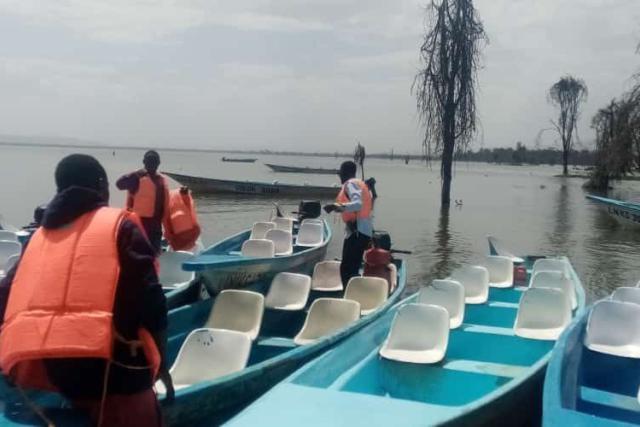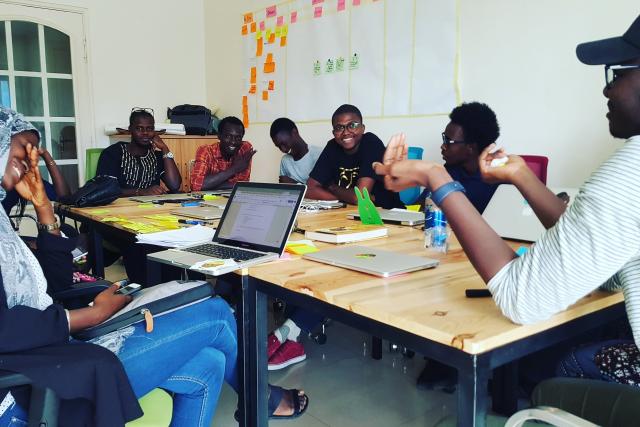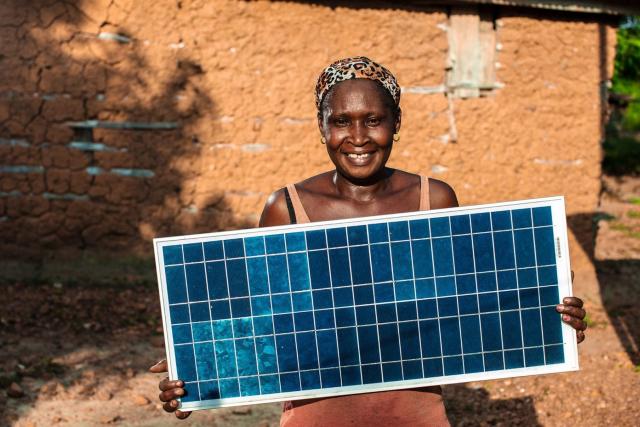
Context & Objective
Our client is an audiovisual production company that develops various formats for pan-African networks. Their primary mission is to develop quality content that reflects African audiences and their realities. As part of their latest project, the team are producing a game show and need to ask a series of questions to a diverse audience from Senegal, Ivory Coast, Burkina Faso, Cameroon and the Democratic Republic of Congo.
The Approach
The 120 people surveyed for the show were selected from a wide range of demographics to ensure a representative sample (gender, age, professional status). When surveying individuals, 390 open ended questions were asked to gather a variety of responses on different topics. The study was conducted as follows:
Step 1: The 390 questions were provided by the client and our research team integrated them into the LOOKA platform. Given the number of questions, they were grouped into multiple surveys to allow participants to complete their answers in stages.
Step 2: Our team was responsible for building the panel according to a set of demographic criteria previously defined by the client. To recruit participants, members of our proprietary database were initially selected, before online advertising was used to acquire the additional participants required.
Step 3: Once the panel was established, responses were collected via an online survey that participants completed using their mobile phone, tablet or computer. They were given 4 days to complete 13 surveys of 30 questions each.
Step 4: At the end of the collection phase, the various survey responses were cleaned and compiled by our data team. The raw data was then delivered to our client in Excel format.
The Result
The client was able to categorize the qualitative data from each question and use these insights to generate the answers they needed. Thanks to our panel of respondents, they were able to add local context to the show and make it more appealing to an African audience.






